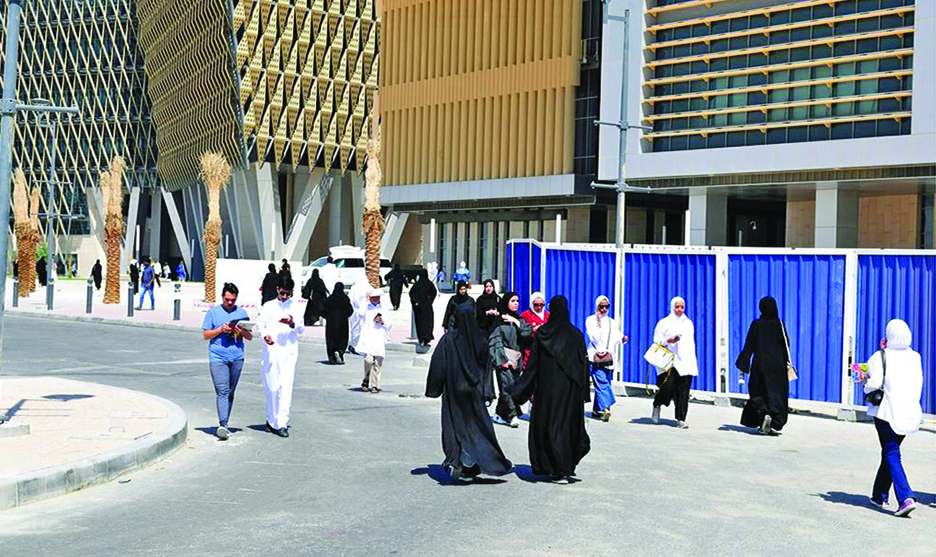By Faten Omar
KUWAIT: The parliamentary education, culture and guidance committee discussed the strategies for boosting Kuwait University's ranking to improve the quality of educational output. The administration of the university presented seven initiatives for improvement, such as increasing the number of foreign students, evaluating the achievements of faculty members, unifying data for annual reports and upgrading the automated system.
Kuwait Times spoke with students of several universities to learn about the problems they face in the educational field in Kuwait. Yousef Ahmed, 22, is studying IT. "The university lacks labs and hands-on experience. As IT programmers, we do not have the experience to work in the field, as most studies are theoretical. If we want to practice, they tell us to practice at home. There are no projects to get experience in the work market. Even exams and projects are only on paper," he complained.
"If we make a comparison with other universities, my friends in Jordan and Malaysia who are studying the same major as mine are always working on hardware and software projects for each subject. Students in Kuwait need hands-on projects to gain experience and skills," he added.
Haya Al-Ali, 22, said: "My university is the only one that graduates nutrition specialists. Nutrition is taught as a clinical specialty, but unfortunately, students are graduated with the name of nutrition science. Abroad, specializing in dietetics or clinical nutrition, the student must be a registered dietitian (RD) in order to be employed in public or private hospitals or clinics. The RD exam is not available in Kuwait, and is supposed to be provided by the union or Nutrition Society. We want to be recognized as an assistant specialty for the medical profession according to the Law on Professions Allied to Medicine, article no. 3."
Unsuitable environment
Abdelwahab Hilal, 18, told Kuwait Times the environment in Kuwait is not suitable for students. "They should give the student more advantages to think about studying here and not abroad. Most universities here are far from residential areas, and there are a lot of requirements to obtain a driving license. Taking a taxi costs me at least KD 5 daily," he said.
"Two of my brothers studied in Ukraine. Life there is not luxurious, but suitable for student life. Here in my university, the situation is bad, professors are unhelpful, and we are barely surviving," he added. Hilal said there is also an age difference between the students. "I am 18 years old, and there are students over 30 too. The age gap between students is huge, which makes it difficult to communicate and make friends."
Haidar Dashti, 21, claimed professors in universities in Kuwait are not qualified, explaining that students are struggling to understand the subjects. "Also, student acceptance rates should be high, at more than 87 percent and higher. In other universities, the curriculum is constantly changed to be suitable for most students, unlike the curricula that are fixed in Kuwait for a long time," he said.
Fahad Al-Qabandi, 19, said Kuwait has the privilege of having universities close to homes, while in other countries, universities are in different states. "But in other countries, there is a more suitable study environment for students, along with better teaching methods. In Kuwait, teaching methods are standard, but in other countries, we find more creative teaching methods during lectures or online classes, and the explanation is better. Students have fun during the learning process," he said.











